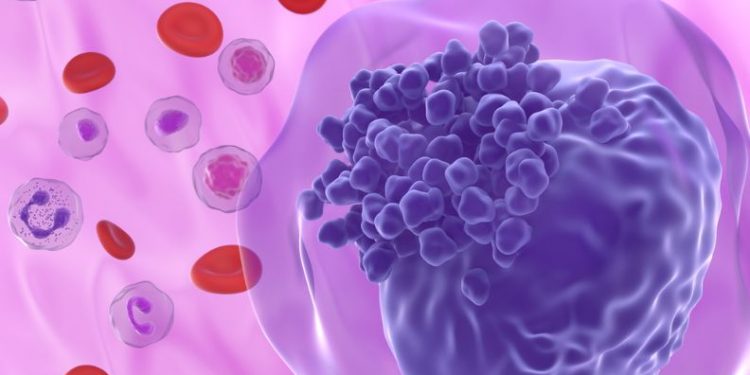Symptoms of leukemia vary depending on the type of leukemia you have. Acute myeloid leukemia, for example, may cause you to feel very sick, while chronic myeloid leukemia can take a long time to develop symptoms. It is important to get an accurate diagnosis as soon as possible, to ensure that you get the proper treatment.
In order to identify the right type of leukemia, your doctor will first take a complete blood count to check the number of white blood cells, red blood cells, and platelets in your blood. If your blood counts are lower than expected, your doctor will perform additional diagnostic tests to see if leukemia is present. Your doctor will also ask you about your symptoms. If you experience any of these symptoms, see your doctor right away.
Your doctor may also want to take a tissue biopsy to look at your lymph nodes. These lymph nodes are a part of your immune system, and they filter fluids and help protect your body against infection. Leukemia may spread to your lymph nodes. This can cause them to swell, which may cause you to experience a loss of appetite or feel bloated. You may also experience a skin rash.
You may also experience unexplained pain in the bones or joints. In some types of leukemia, platelets, which help stop bleeding, can be destroyed. This may result in bleeding from the nose or gums. If you have leukemia, you may also experience frequent infections. A complete blood count is a good indicator of how well your body is functioning.

If you have a family history of leukemia, your doctor may recommend that you get regular blood tests to check for the disease. This is because leukemia can sometimes appear during blood tests for other conditions.
Leukemia is a type of cancer that affects the bone marrow, the organ that produces most of your blood. Abnormal blood cells that grow in the bone marrow can cause problems with the function of other organs. A leukemia patient may also have a low number of red blood cells and white blood cells. This may lead to fatigue, lightheadedness, and muscle weakness.
Leukemia may spread to other parts of the body, including the brain, liver, and lymph nodes. It is important to get an accurate diagnosis of leukemia, as the disease can be life-threatening if left untreated. A doctor will work with you to determine the best course of treatment.
Leukemia is a complicated disease that can affect anyone. It can be a difficult diagnosis to make. Because it can be difficult to detect, people with leukemia symptoms should not ignore them. If your symptoms are severe, see your doctor as soon as possible.
You should also talk with your doctor about your outlook. You can discuss the symptoms with your doctor, and they may help you decide how you should be treated. Your doctor will also discuss the risks and benefits of treatment.









